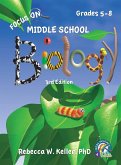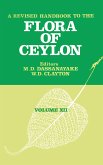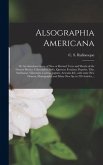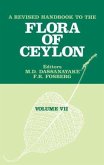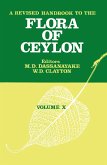The third revised and enlarged edition of this book has been meticulously crafted to serve as a comprehensive guide to the multidisciplinary field of modern genetics and plant breeding. It aims to seamlessly integrate advanced molecular tools and techniques with conventional breeding methods, providing a balanced and in-depth approach to crop improvement. This edition retains the core strengths of its predecessors while introducing several key enhancements. Among these are the valuable contributions of eminent scientists, as well as detailed profiles of notable Indian plant breeders, highlighting their significant achievements and impact on the field. The scope of the book covers a wide range of topics, including recent advancements in plant breeding and genetics, general genetics, and genome organization in crop plants. It also addresses cytogenetics, reproductive and pollination biology, modern breeding techniques, and the foundational principles of population and quantitative genetics. Additional subjects include biometrical genetics, breeding for resistance to biotic and abiotic stresses, improvement of nutritional quality, genetic engineering, and the application of biotechnological tools in plant breeding. The book also explores the conservation of plant genetic resources, regulatory systems, seed classification and certification procedures, as well as economic botany and medicinal plants. To support applied learning and research, the book includes chapters on statistical methods and field plot techniques, ensuring students gain both theoretical knowledge and practical insight. This edition is particularly designed to benefit graduate and postgraduate students in Agriculture and Biological Sciences across Indian universities. Furthermore, it is an invaluable resource for aspirants preparing for competitive examinations, including the Agricultural Research Services (ARS) of the ICAR, the National Eligibility Test (NET), the Civil Services Examination, and other related assessments.
Bitte wählen Sie Ihr Anliegen aus.
Rechnungen
Retourenschein anfordern
Bestellstatus
Storno



